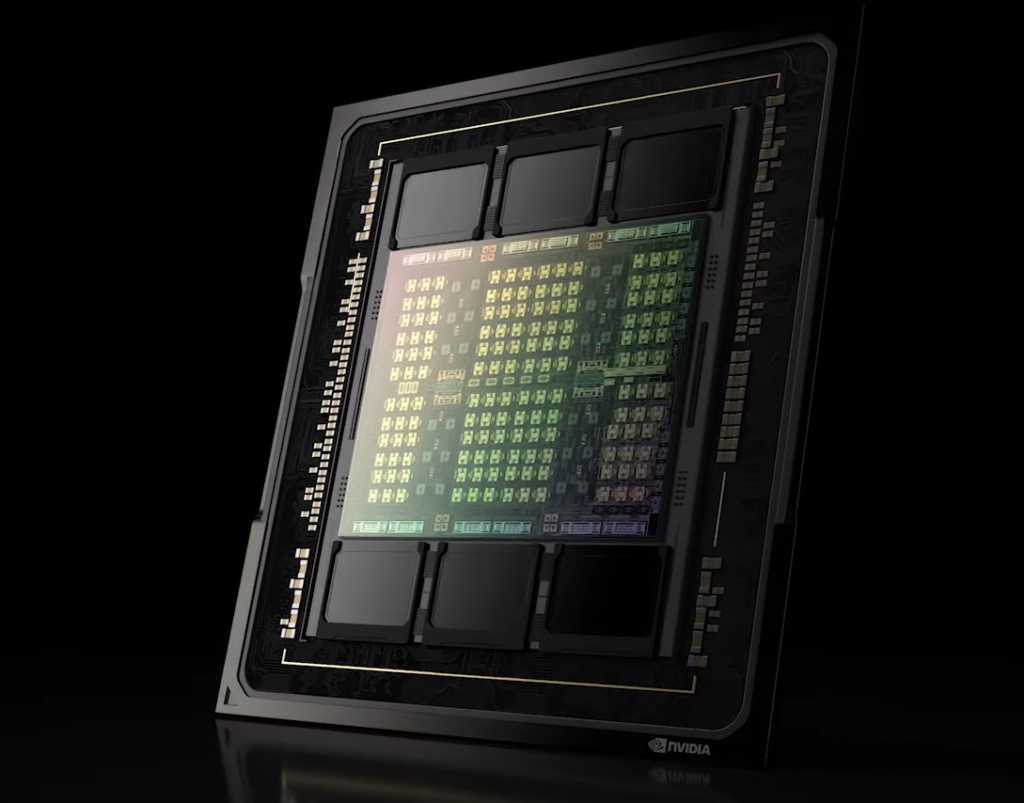Nvidia has announced a modification of its flagship H100 chip to create a version that complies with export regulations for the Chinese market. This move comes after US regulators imposed rules that prevented Nvidia from selling its most advanced chips, the A100 and H100, to Chinese customers, citing national security concerns. Here are the details…
Nvidia tweaks flagship H100 chip for export to China as H800
Last November, Nvidia had designed the A800 chip, a slightly less capable version of the A100, to make it legal for export to China. Now, the company has similarly developed a China-export version of the H100 chip, called the H800. This new chip is being utilized by the cloud computing units of major Chinese technology firms, including Alibaba Group Holding, Baidu, and Tencent Holdings.

The H800 chip is poised to support a growing number of startups focusing on developing large language models and generative AI technologies. Nvidia CEO Jensen Huang stated that these startups can now rely on Alibaba, Tencent, and Baidu to provide excellent cloud capabilities powered by Nvidia’s AI.
US regulators imposed restrictions on AI chips last fall to slow down China’s development in crucial technology sectors such as semiconductors and artificial intelligence. The intent was to hinder the country’s efforts to modernize its military. The imposed rules ban chips with both powerful computing capabilities and high chip-to-chip data transfer rates, as transfer speed is crucial when training AI models on vast amounts of data. Slower transfer rates result in extended training time.
According to a chip industry source in China, the H800 primarily reduces the chip-to-chip data transfer rate to about half the rate of the flagship H100. Although the Nvidia spokesperson did not elaborate on how the H800 differs from the H100, they emphasized that “our 800 series products are fully compliant with export control regulations.”
RELATED:
- Honor Magic5 Pro vs Samsung Galaxy S23 Ultra: Specs Comparison
- BYD, World’s Largest EV Maker will Use Nvidia Chips to Power Autonomous Driving
- OPPO FIND X6 PRO Review Part 1: Triple Main Cameras, All In One
- HarmonyOS 3 Public beta Announced for Huawei Mate 10, P20 series,…
- Next Gen Nintendo Switch’s Nvidia Tegra chip might be built on Samsung’s 5nm process
(via)






